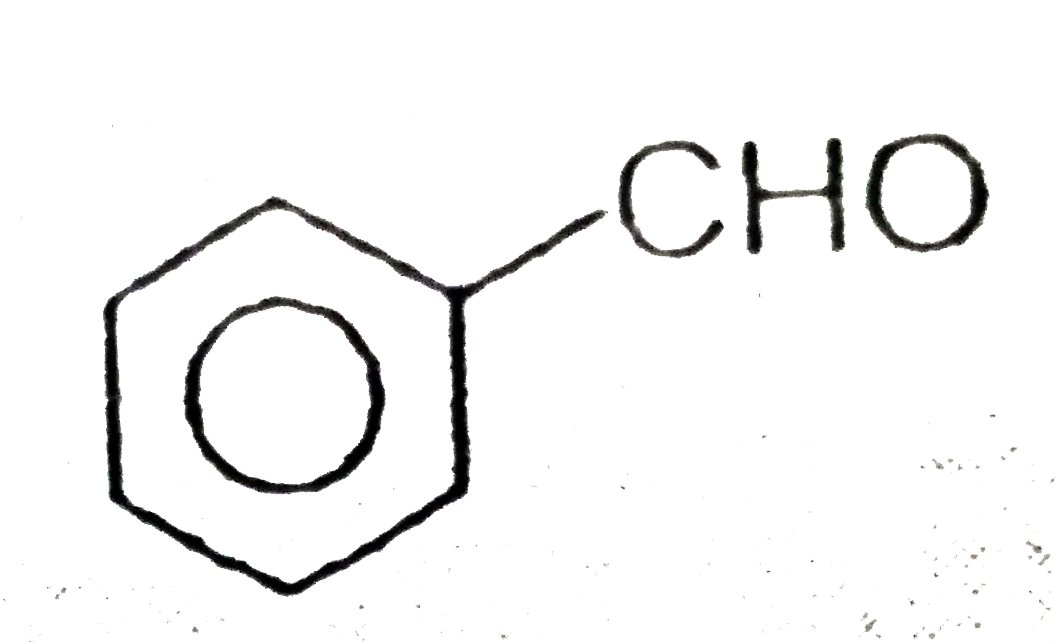Why does pure fail to react with aldehydes and ketones ?
Video Solution
Text Solution
is mainly a covalent compound and can not provides ion readily for the nucleophilic attack on the carbonyl compound. The reaction is carried in the presence of base which helps in the ionisation of the acid to liberate ion.
|
Topper's Solved these Questions
- ALDEHYDES AND KETONES Book:DINESH PUBLICATIONChapter:ALDEHYDES AND KETONES Exercise:Question From Board
Explore 86 Videos
- ALDEHYDES AND KETONES Book:DINESH PUBLICATIONChapter:ALDEHYDES AND KETONES Exercise:Higher Order Thinking Skills
Explore 6 Videos
- ALDEHYDES AND KETONES Book:DINESH PUBLICATIONChapter:ALDEHYDES AND KETONES Exercise:Problem
Explore 15 Videos
- ALCOHOLS AND PHENOLSBook:DINESH PUBLICATIONChapter:ALCOHOLS AND PHENOLSExercise:Matrix
Explore 9 Videos
- ALKALI EARTH METALSBook:DINESH PUBLICATIONChapter:ALKALI EARTH METALSExercise:Unit test-12
Explore 5 Videos
Similar Questions
Give suitable explanation for the following:
(i) Chloral hydrate is a geminaldiol but still stable. How?
(ii) Out of and CH3CH2CHO which is more reactive nucleophilic addition?
and CH3CH2CHO which is more reactive nucleophilic addition?
(iii) Why does pure HCN fail to reac with aldehydes and ketones?
(iv) Hydrazones of aldehydes and ketones are not prepared in strongly acidic mediu. Why?
(v) Sodium bisulphite is used to purify aldehydes and ketones. Explain.
View SolutionReactions of aldehyde and ketones
View Solution
Knowledge Check
In aldehydes and ketones
ACarbonyl carbon is nucleophilic and carbonyl oxygen is electrophilicBCarbonyl carbon, is slectrophilic and carbonyl oxygen is nucleophilicCBoth are electrophilicDBoth are nucleophilicAldehydes and ketones are
AChain isomersBFunctional isomersCposition isomersDOptical isomersAldehyde and ketones are
AHomologousBIsomersCGeometricalDConformational

